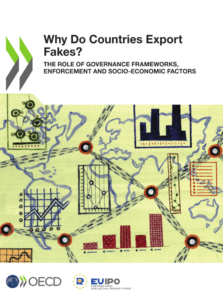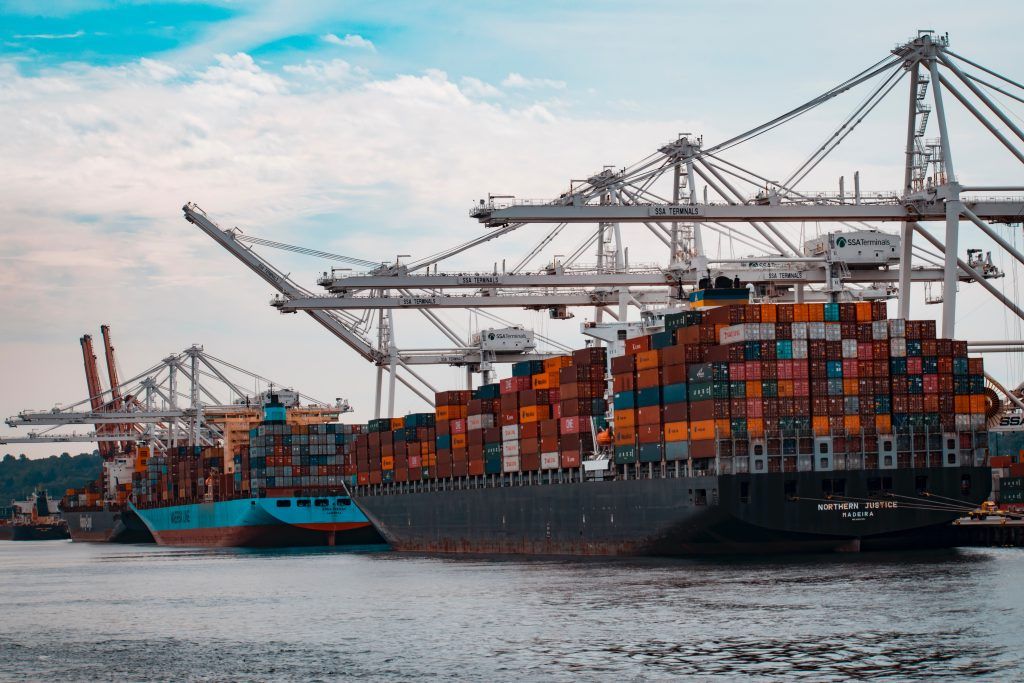Foreign investment screening and export controls play a critical role in safeguarding European security and public order. This is the result of two reports adopted yesterday by the European Commission: the report on the screening of Foreign Direct Investments (FDI), and the report on the Export Controls Regulation.
In 2021, the Commission analysed more than 400 foreign direct investments into the Union to ensure that no such investment threatens EU countries’ security or public order. All but two EU Member States now have screening mechanisms in place or are in the process of establishing them. Meanwhile, under the EU Export Control regime, Member States reviewed during the same year about 40,000 requests for exports of goods with potential military use to non-EU countries worth EUR 38.4 billion, blocking those exports in just over 550 cases.
Executive Vice-President and Commissioner for Trade, Valdis Dombrovskis, said: “At a time of mounting security challenges, in particular Russia’s unprovoked war of aggression in Ukraine, it is crucial to have our strategic trade and investment controls instruments up and running. In cooperation with our international partners, the EU deployed export controls to sanction Russia for its devastating war in Ukraine. The EU remains open to foreign investments, but this openness is not unconditional. It must be balanced. We must continue enhancing our capability to ensure this balance.”

Study on best practices on national export promotion activities
|
FDI Screening
This is the second annual report on FDI screening, and the first one to cover an entire calendar year, as the EU FDI Screening Regulation entered into full application in October 2020. Since the creation of the cooperation mechanism, the Commission has screened over 740 FDI transactions.
The second annual report shows that the use of the mechanism has expanded in 2021. Its key findings highlight that:
- The vast majority of FDI poses no problem from a security/public order perspective and is approved swiftly (both at Member State level and under the Regulation).
- The Commission completed the assessment of FDI transactions notified by Member States very quickly: 86% were assessed in just 15 calendar days
- The EU mechanism does not hold back the EU’s openness to FDI. With less than 3% of transactions resulting in a Commission opinion, the focus remains on security and public order
- The report is giving the EU a much better picture of investment patterns. It shows that the top five countries for the ultimate investor notified in 2021 were the US, the UK, China, the Cayman Islands and Canada. Russian FDI accounted for less than 1.5% of the cases and Belarus for 0.2%
- FDI covers a wide range of sectors, but most cases notified concerned manufacturing (44%) – covering a diverse set of industries including defence, aerospace, energy, health and semiconductor equipment, and Information and Communications Technologies (32%).
Overall, the FDI regulation has worked quickly and efficiently, providing a range of useful information and preventing investments posing security risks, all while not restricting the flow of foreign investment.

Why do countries export fakes? The role of governance frameworks, enforcement and socio‑economic factors |
Export Controls
This is the second report on export controls under the upgraded Export Controls Regulation that entered into force on 9 September 2021, covering the year 2020.
The report covers dual-use exports i.e., items that may be used for civilian and military purposes. It shows that total authorised exports of such items amounted to about €31 billion in 2020.
The new set of EU rules have strengthened export controls by introducing a novel ‘human security’ dimension, simplifying procedures and making the export control system more agile and transparent. Expert work is being developed under the Regulation on cyber-surveillance and emerging technologies, with a particular focus on enforcement and implementation of controls by Member States. The new rules also allow the EU to work more closely with partner countries to enhance global security and promote a level playing field.
Overall, the Export Controls Regulation has made the export control framework more efficient, flexible and forward-looking, while also facilitating international security cooperation.







Leave a Reply